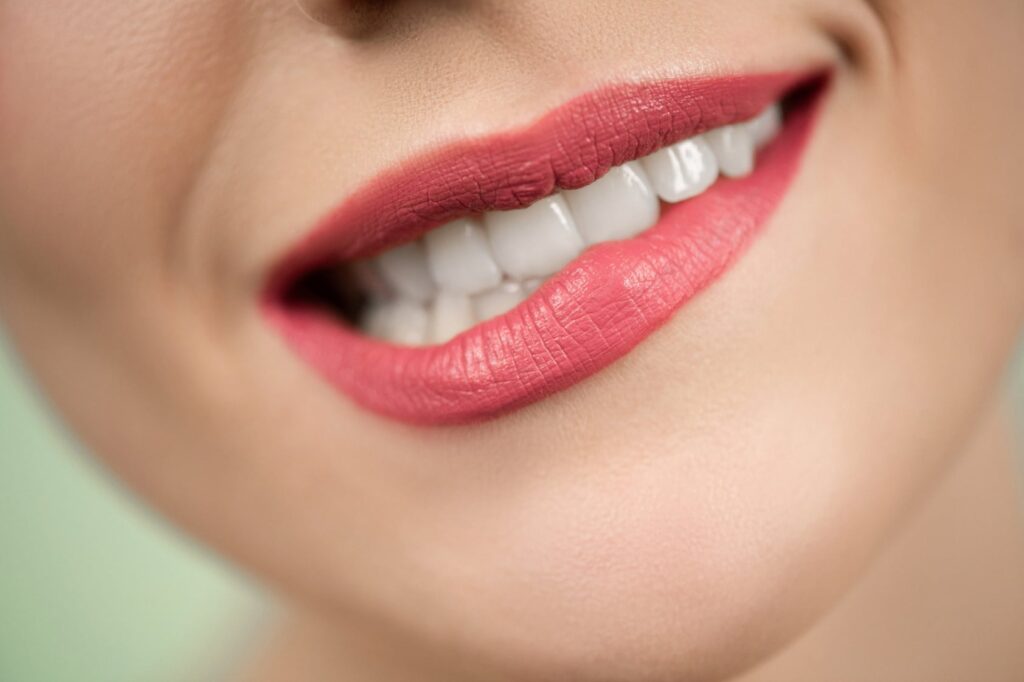Crossbite

The clinical definition for a crossbite is “an abnormal relation of one or more teeth of one arch to the opposing tooth or teeth of the other arch, caused by deviation of tooth position or abnormal jaw position.” But unless you’re a health professional, this definition probably makes you say, “Huh?”
In lay terms, a unilateral posterior crossbite is what occurs when your upper teeth fall inside your lower teeth on one side when you bite down. An anterior crossbite, which is similar to an underbite, is what occurs when your top front teeth fall behind your lower front teeth when you bite down.
Behind a Crossbite
Crossbites are caused by a variety of factors. If one or both of your parents has a crossbite, there’s a good chance you could inherit it. Another cause is jaw size — if your upper jaw is smaller than your lower jaw, or your jaws are mismatched in size, you could develop a crossbite.
Children can be prone to developing crossbites if their baby teeth don’t fall out in a timely manner. Here’s why: If the upper permanent teeth start to sprout while baby teeth are still present, they’ll have no room to grow in except behind the baby teeth. When a child bites down, this back row of teeth will fall behind the lower to teeth to create a crossbite.
Large adenoids and tonsils can also spur the development of a crossbite. If a child’s adenoids and tonsils are too large, it may force a child to breathe through their mouth instead of their nose. The difference may seem innocuous, but it can actually affect proper jaw growth: When a child breathes through the nose, the tongue is positioned on the roof of the mouth, which helps the jaws to grow laterally. But if a child is forced to breathe through the mouth, the tongue shifts out of position and away from the roof of the mouth, causing the jaws to grow asymmetrically.
Crossbite Treatment and Correction
A crossbite is more than just a cosmetic imperfection. So if you suspect that you have a crossbite and wonder how important it is to see a dentist, the answer is “very.” Left untreated, a crossbite can cause conditions such as TMJ or TMD, loose teeth, receding gums, excessive wear of tooth enamel and assymetrical growth of your face and jaw.
Not all crossbites requires correction, but the only way to tell is through proper diagnosis.